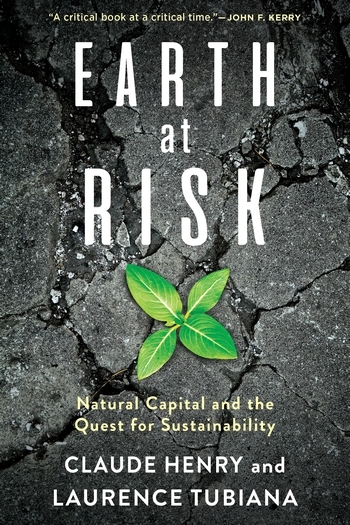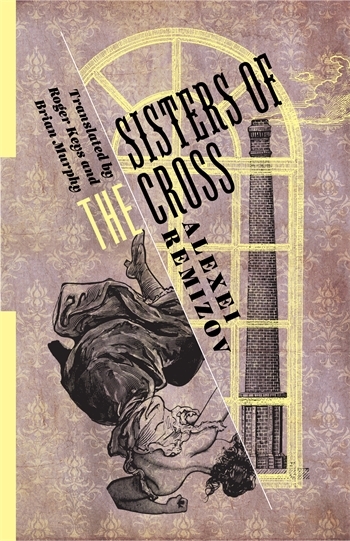The Films of Hollywood and Hitler
Throughout the week Thomas Doherty, author of Hollywood and Hitler, 1933-1939, has been discussing a variety of books associated with the politics of the time.
Here are some clips and trailers from the films. All the quotes are taken from Hollywood and Hitler, 1933-1939:
Blockade(1938)
Starring Henry Fonda and directed by Walter Wanger, the film depicted the Spanish Civil War. “Blockade was received by friend and foe alike as a brief in defense of the Soviet-backed loyalists. On that Catholics and the communists agreed.”
Olympia (1938)
“Riefensthahl was Nazism’s second most photogenic face. More than that though, she was a brilliant motion picture artist in thrall to a ruthless dictator, a match that inspired a special measure of loathing from the artists in the Popular Front….Being the one Nazi filmmaker who was not a second-rater, who was as good, or better, than the Jews purged from Ufa, she intrigued, tantalized, and unnerved. ‘The gal has charm to burn,’ gushed gossip monger Hedda Hopper, who was smitten with the lady. ‘As pretty as a swastika, snarled syndicated columnist Walter Winchell, who was not.”
Confessions of a Nazi Spy (1939)
“For the typical moviegoer in 1939, more eye-and-ear opening than the plot or the politics of Confessions of a Nazi Spy was the visual drapery and sonic atmosphere. The insignia, salutes, and catchphrases of Nazism—huge swastikas, giant portraits of Hitler, and throngs of rabid Americans in Nazi garb shouting ‘Sieg heil!’…the free-wheeling operation of Nazi military men and espionage agents in New York conjured an elaborate fifth column crisscrossing America, a cancer eating away at the body politic.”
The Mortal Storm (1940)
“The Mortal Storm reviewed the history of the period between 1933 and 1939 that had been overlooked by the Hollywood cinema produced between 1933 and 1939….The word that is still unspoken in The Mortal Storm is ‘Jew,’ but by 1940 only the dimmest moviegoer would have failed to read the signs….Professor Roth identifies himself as ‘non-Arayan’ and what kind of non-Aryan is made clear when his wife visits him in a concentration camp and a ‘J’ adorns his sleeve.”
Inglourious Basterds (2009)
“Set in a counterfactual fantasy world removed from history but not from the fascination with cinematic legacy of Nazism, it is a Nazi-obsessed movie about other Nazi-obsessed movies, an affectionate homage to the many hours of cinematic pleasures the Nazis have given moviegoers. The intoxication with the iconography of the the Third Reich is unblushing and obsessive.”




